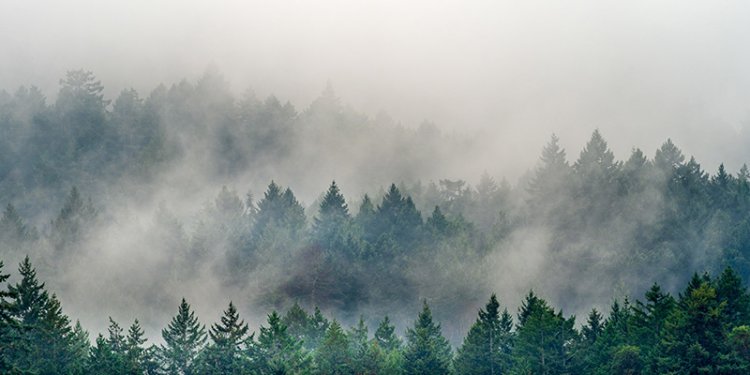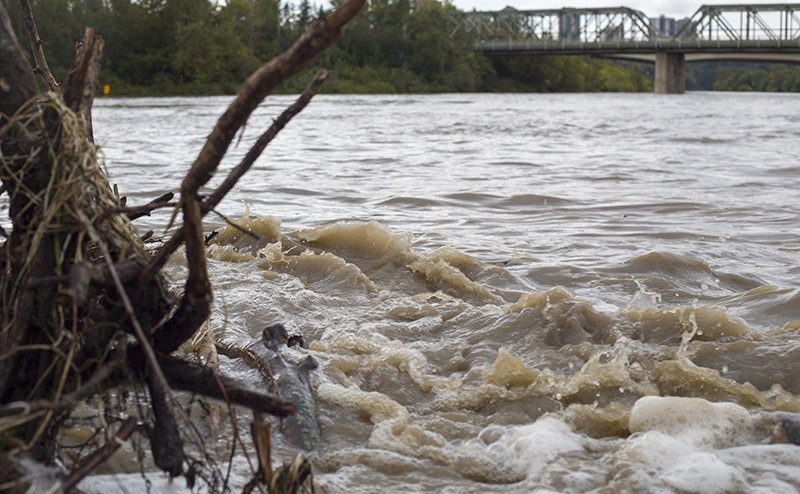Being climate prepared includes understanding what climate hazards to expect, how to mitigate hazards and how to respond to an emergency.
The climate in Edmonton is warming at a faster rate than other parts of the world, with the most noticeable warming occurring in winter. Year-round we should expect to see changes. Although we’ve always been exposed to hail storms, flash floods, freezing rain, high winds and extreme heat, climate change increases both the frequency and intensity of these “climate shocks” (also called “climate hazards”).
Extreme weather events are cause for concern because they can appear suddenly and with an intensity that can be damaging to personal property and city infrastructure alike.
Being climate prepared means knowing what climate hazards to expect, how to mitigate any hazards before they become an emergency and how to respond in the event of an emergency.
Prepare Your Home
The Climate Resilient Home (CRH) guide assists homeowners, builders, municipal staff, and elected officials in the Greater Edmonton Region with making investment and policy choices to enhance the climate resilience of residential properties.
Prepare Your Family
Be prepared to stay at home for many hours or days. This is commonly called “shelter in place.” If you are instructed to evacuate, you will need a “grab and go” kit to help you, your family and pets to survive outside your home for an extended period.
Fireproof Your Property
FireSmart empowers residents and partners to lessen the dangers and consequences of fires on communities and infrastructure.
Get to Know Your Neighbours
- During heat waves, it's important to frequently check on the health of your neighbours
- You can rely on and support each other during emergency situations as you wait for trained first responders to arrive
By knowing what to expect and making advance preparations, we are better able to minimize the impacts of climate shocks.
How to Prepare for Extreme Weather Events
Climate hazards are cause for concern because they can appear suddenly and with an intensity that can be damaging to personal property and city infrastructure alike. Learn how to prepare for extreme weather events.
Periods of drought are expected as the climate warms.
- Landscape with drought-tolerant species, native plants and grasses
- Rain barrels to store water in advance
The number of summer days that exceed 30 degrees Celsius is on the rise and summer nights may feel more tropical. Heat can be very uncomfortable and amplify existing health conditions. Take steps to keep yourself cool and to cool your home, too.
- Access to air-conditioning, at home or in public spaces
- Awnings to shade the hot sun
- Carry drinking water when away from home
- Green roofs can help to insulate your home or building
- Home insulation
- Shade trees and shrubs provide a cooling effect
- Window shades
- Check on senior or ill neighbours to ensure their safety and comfort
Prepare your home to handle high-volume downpours of rain.
- Eaves troughs should be cleaned out and drain water away from your foundation
- Lot grading away from home to keep your basement dry
- Ensure sewage backwater valves are installed and working properly
- Sump pumps in working order
- Place valuables in waterproof containers (if in basement)
- Visit Epcor for information about flood preparation
Prepare your home to handle damaging winds.
- Prune weak trees
- Secure items that could be picked up by wind
- Secure outdoor furniture
Winter is warming at a faster rate than other seasons. Expect cold to be interrupted by warmer weather, making surfaces icy and slippery. Prepare for power interruptions from ice storms. Have:
- Back up power (solar, batteries) - keep cell phones charged
- Emergency food and water, blankets and supplies for long-term “shelter-in-place”
- Portable solar phone charger and crank-up flashlight and radio to prepare for power outages
- Sand, ice cleats for traction
Drier temperatures and lightning storms can increase the chances of fires, especially in the surrounding forests. Smoky air can drift into Edmonton and linger for days. An Air Quality Health Index (AQHI) number between 4 and 6 can indicate that air quality poses a moderate risk to one’s health. The health risk becomes higher as the number increases.
- Check the Air Quality Health Index (AQHI)
- Learn how to protect yourself from poor air quality
- In the event of fire and smoke conditions, make sure you have home air filters and/or access to a clean-air shelter
- Fireproof the outside of your home



